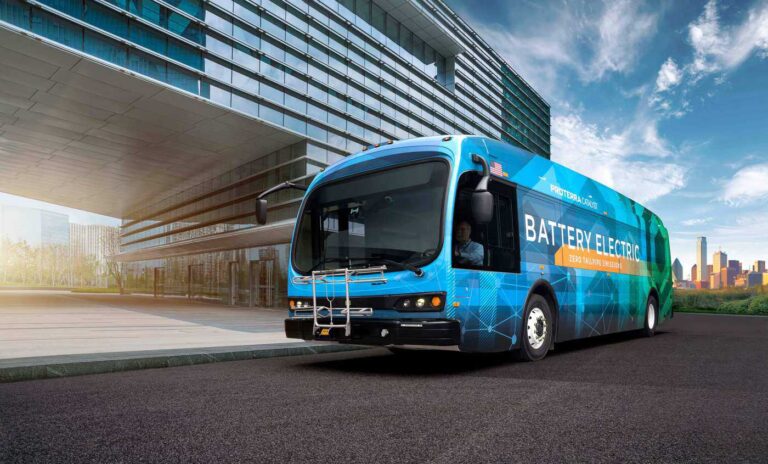Valley Regional Transit (VRT), a mass transit service provider in metropolitan Boise, Idaho, USA has agreed to purchase eight Proterra Catalyst E2 electric buses and eight 125kW plug-in charging systems.
VRT is Proterra’s first customer in Idaho and the US state’s first transit agency to bring electric buses to its community.
VRT received funding for the new electric buses through the Federal Transit Administration’s Low or No Emission Program Grants. Following the purchase, VRT will transition around a quarter of its fleet to battery-electric buses.
VRT manages contracts for the operation of ValleyRide bus services, which consist of 18 fixed-line routes in Boise/Garden City, three fixed-line routes in Nampa/Caldwell, and four inter-county routes between Ada County and Canyon County.
Kelli Badesheim, executive director at VRT, said: “Valley Regional Transit is dedicated to delivering exceptional service to its citizens and supporting livable, healthy and sustainable communities.Electric buses help us meet these goals.
“Battery-electric buses are better for the environment and offer a better rider experience for our community, and we’re excited to be working with Proterra to bring the first electric buses to Idaho.”
VRT will lease its bus batteries through Proterra. As such, the initial capital cost for the electric bus will be similar to a diesel or CNG bus, and VRT will be able to use the operating funds previously earmarked for fuel to pay for the battery lease.
“By lowering the upfront costs of electric buses to be competitively priced against diesel, battery leasing removes one of the biggest barriers to adoption and empowers transit agencies to adopt and deploy larger EV fleets”, said Proterra CEO Ryan Popple.
Additionally, under the battery lease Proterra will provide 12 years of warranty for battery performance and capacity, which matches the expected life of the buses and decreases operator risk.
The performance warranty also includes a requirement for Proterra to install new batteries on the buses at mid-life to help ensure the batteries have enough energy to meet their route needs and hedge against future replacement battery costs.





